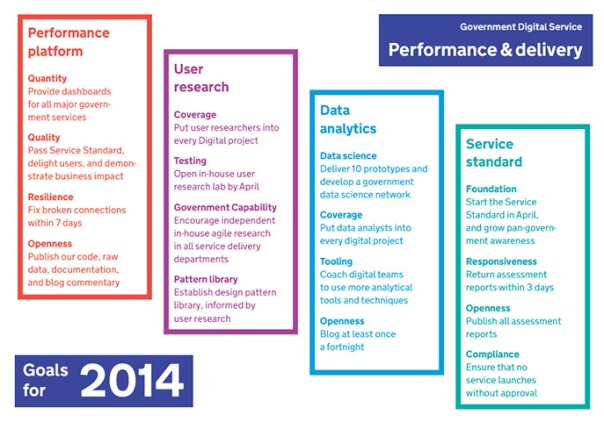For Technology to raise productivity, we need to do more than just plug it in.
Given the challenges of the moment, the Chancellor’s Spring Statement last week was somewhat inevitably focussed on short-term cost-of-living mitigations, with much less discussion of the most important structural challenge facing the UK today: the Great Stagnation. UK businesses produce less per hour than other Western Economies, and productivity growth has stalled since the financial crisis of 2008 averaging a dismal 0.4% a year.
This is not just an economic issue depressing wages: flat-lining productivity makes it much harder to solve the other strategic challenges facing the country. Low-carbon and secure energy supplies that are actually affordable; the rising costs of health and social care driven by an ageing population; and the rebalancing of the economy by ‘levelling up’ areas outside London and the South East. All of these are made politically soluble by raising productivity. No one wants to choose between heating and eating. Neither as a society do we want to choose between climate change and social care. Restart productivity growth, and we won’t have to.
Continue reading “Defeating the Great Stagnation”


